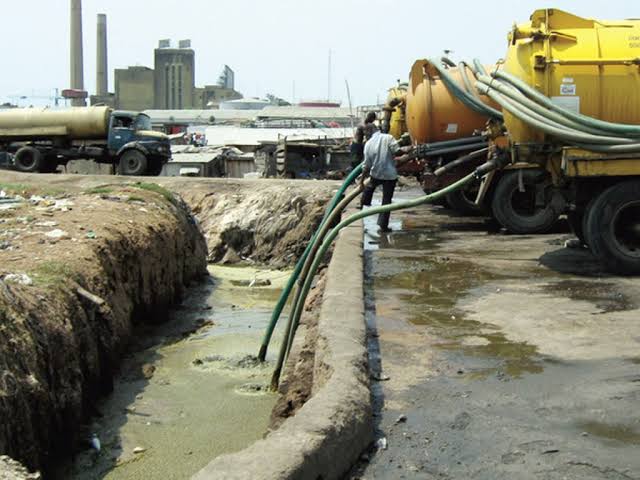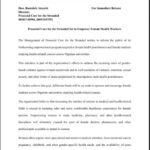South-West Leads Nigeria in Sewer, Septic Use

New analysis of sanitation patterns across Nigeria shows a clear regional split in how households manage wastewater — with the South-West emerging as the most likely to use piped sewer connections or septic systems, while the North-West and North-East lag far behind.
Recent figures indicate that roughly half of households in the South-West make use of centralized sewer lines or septic tanks, followed closely by the South-South.
The North-Central sits in the middle, while the South-East, North-East, and North-West register progressively lower levels of septic/sewer usage. These disparities mirror broader differences in urbanization, infrastructure investment, and service delivery across the country.
Experts point out two structural reasons for this pattern. First, major cities and more densely settled states — largely concentrated in the South-West and parts of the South-South — have historically attracted greater public and private investment in sanitation infrastructure, including sewage networks and desludging services. Second, in large parts of northern Nigeria and many peri-urban and rural areas, household sanitation commonly relies on pit latrines and other on-site options because central sewerage systems are absent or financially unviable.
The unequal distribution of services carries health and environmental consequences. While a majority of urban households may have access to an improved sanitation facility, millions still use unimproved systems or practice open defecation — problems that are more acute in the least served zones. Waste from improperly managed septic tanks and pit latrines also threatens groundwater and surface water quality where emptying and treatment services are weak or missing.
Policymakers are responding with a mix of short- and long-term measures. Programs are funding expanded desludging services, construction of treatment plants, and community sanitation campaigns — prioritizing states with the largest service gaps. Still, implementers warn that progress will require not just capital, but stronger local institutions, tariff reform to make services sustainable, and behaviour change work to raise demand for safely managed sanitation.
For Nigeria to meet the Sustainable Development Goal on safely managed sanitation, experts say the country must accelerate investment in both centralized sewers where feasible and in safe, service-based solutions for on-site systems.
Closing the regional divide will be as much about financing and technical projects as it is about building governance capacity at state and municipal levels — otherwise current inequalities in who gains access to safe wastewater management are likely to persist.









